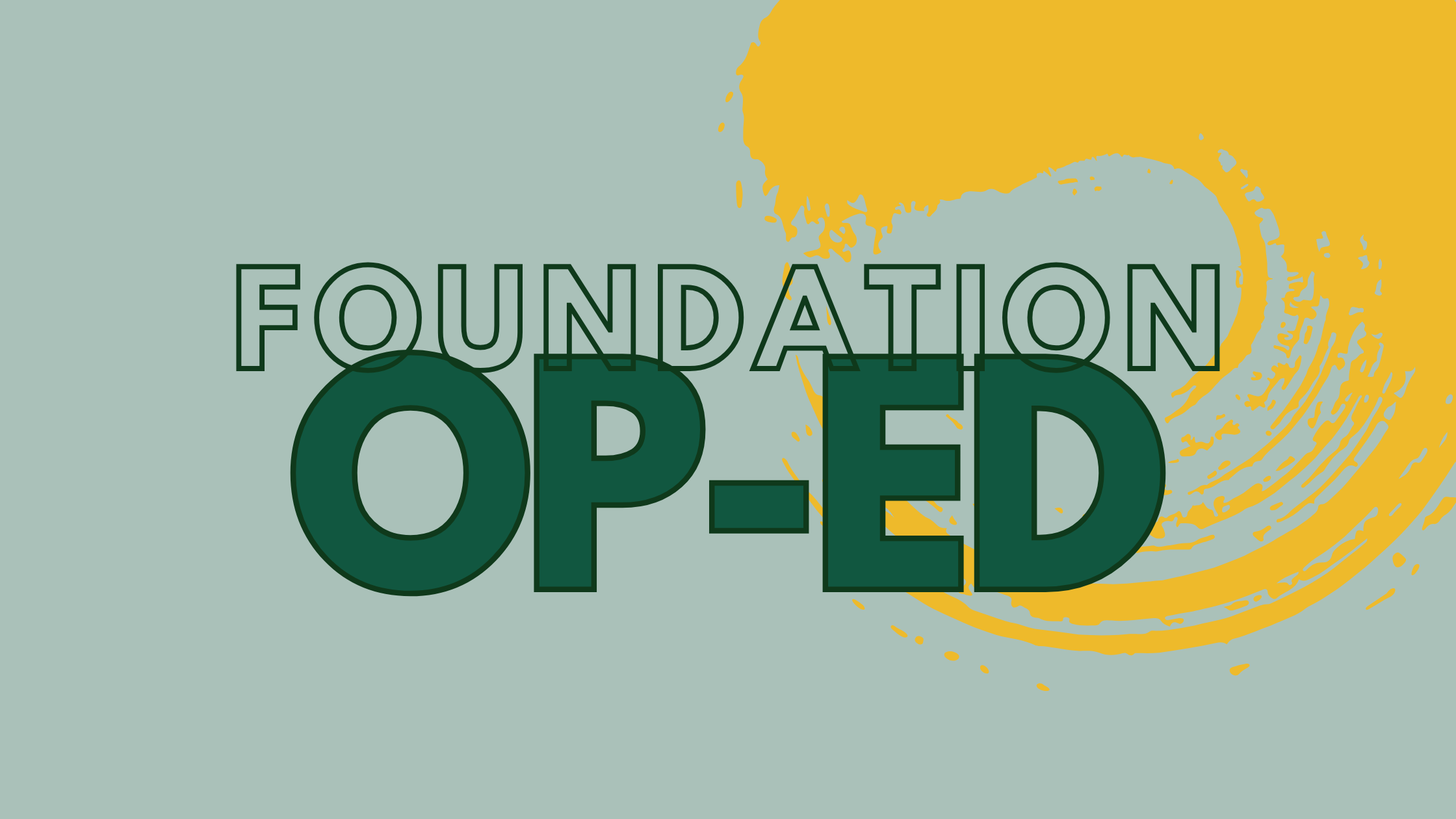When You Tax Philanthropy, Rural Communities Pay the Price
By Neysa Meyer, Executive Director
 Putnam County is a place where progress doesn’t happen because one organization has all the answers or the resources. It happens because neighbors, nonprofits, businesses, and community partners pool what they have and pitch in together. That’s the nature of philanthropy here at home. It’s quiet, local, and collaborative.
Putnam County is a place where progress doesn’t happen because one organization has all the answers or the resources. It happens because neighbors, nonprofits, businesses, and community partners pool what they have and pitch in together. That’s the nature of philanthropy here at home. It’s quiet, local, and collaborative.
That’s why proposals to increase the excise tax on private foundations raised so many red flags. It might sound technical, but the impact would be very real. The tax would pull charitable dollars away from communities like ours and redirect them to the federal government. While the Senate’s version of the bill removes that provision — a promising sign — the process isn’t over. Nothing is final until both chambers vote, and key decisions are still being shaped. If the proposed tax increase returns in a future draft, our rural partners—the very ones we work alongside to fund mental health resources, childcare, and educational opportunities—would once again be at risk.
In a place where every dollar is stretched and shared, those ripple effects matter. Less support for a regional funder could mean fewer matching grants. Less support for a statewide foundation could delay a new rural housing initiative. And less flexible funding could make it harder to respond when new challenges or opportunities arise.
A few weeks ago, I sat across the table from members of Congress as part of Indiana Philanthropy Alliance’s delegation to Washington D.C. We met face to face to talk about how proposed tax changes could affect real people, not just spreadsheets. I found that when I shared what generosity looks like in a rural place like ours, there was interest and respect. It reminded me that voices from communities like Putnam County matter. And they need to keep being part of the conversation.
Philanthropy fills gaps, builds bridges, and brings people together. It’s not meant to be taxed.
Now is the time to make that clear.


